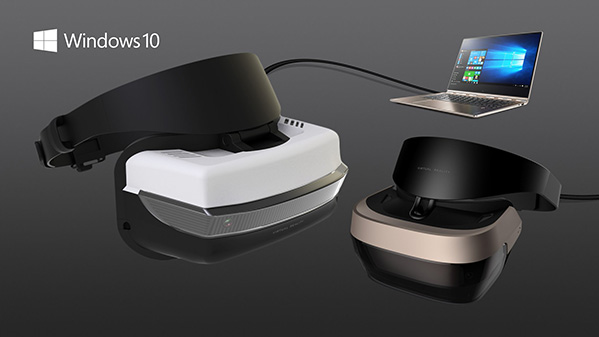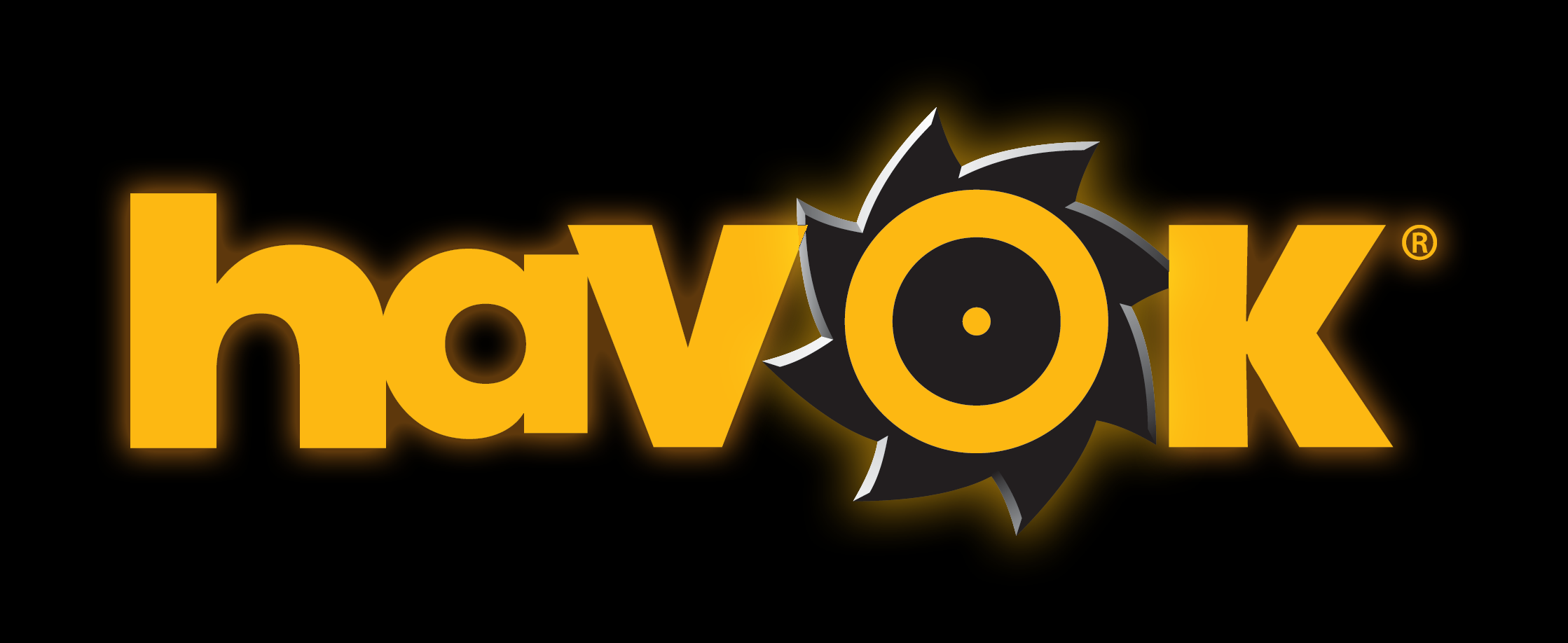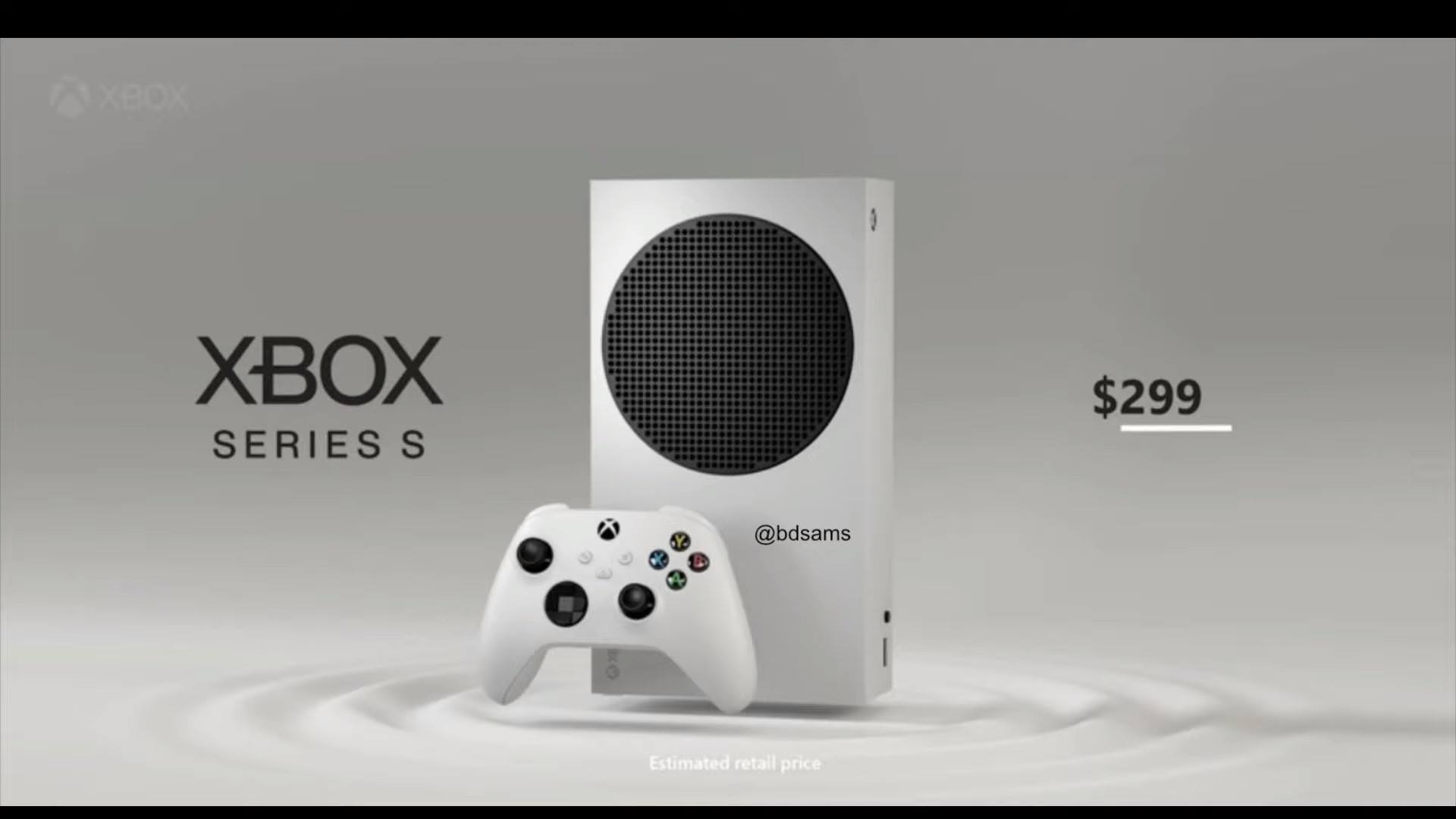As Microsoft’s next-gen Xbox reveal draws ever closer, consistent rumours of an always-on DRM will have many gamers feeling both excited and anxious this month. While only Microsoft can truly put all our speculation to rest, it’s worth noting that reports of a supposed always-connected Xbox console has pervaded the news-space for roughly a year now. Granted, the majority of these articles are backed by anonymous sources only, but a post by Microsoft analyst Paul Thurott adds increased speculation to initial reports.
Gamers are used to rumours and know that each should be taken with a pinch of salt, yet Microsoft’s silence over such a lengthy period of time is intriguing to say the least. This was most noteworthy when Microsoft’s creative director, Adam Orth, took to Twitter last month to have a not-so-subtle dig at gamers who were opposed to the idea of an always-on Xbox. Following a public and highly controversial debate with another Twitter user, Gameinformer reported that Orth was no longer working at Microsoft (it was never reported though whether Orth left voluntarily or was in fact relieved of his position). Either way, many gamers took offence to Orth’s Twitter posts which were undoubtedly harmful to Microsoft’s image. It was surprising, then, to see that Micosoft declined to address Orth’s departure and the always-on rumour as a means of damage control.
If Microsoft were to indeed enforce an always-connected policy for the next Xbox, they are faced with the overwhelmingly difficult task of convincing consumers that such a concept would be worth it. Look no further than Sim City (2013) and Diablo III’s rocky launches as proof that always-on DRM may cause more harm than good; whether it be the fault of the publisher, developer, servers, or you own ISP, dropouts are inevitable and we are a far cry from living in a world where flawless internet connection is afforded to each and every gamer. Sure, the obvious benefit of always-on is that publishers have increased protection over their properties, but the consumer must first buy into the idea for it to be practical. After all, it’s the consumer’s money that allows companies like Microsoft and Sony to stay afloat.
Consider for a moment that every rumour reported so far was in fact true; that always-on meant that gamers couldn’t play titles once their internet goes down, or that used games are locked-out on consoles you don’t own, preventing trading with your friends. Compare this to the rumoured benefits of an always-on Xbox, which would allow for anti-piracy measures and improved video streaming and media capabilities. From a business standpoint, these features are not ill-conceived; deterring piracy may increase revenue for new developments, while an always-on system could tailor advertisements to reflect gamer preferences and facilitate purchasing decisions. But where does one draw the line? At what point would such features become intrusive to the overall experience? And how often, realistically, would the hardcore gamer not have some inkling as to what games are relevant to his or her own interest?
Even if it doesn’t happen next generation, always-on consoles seem unavoidable considering that, as technology advances, it becomes even more integral to the way we live. Perhaps our greatest fear as gamers is not so much the idea of being always connected, but of not being able to do what we love on our own terms. Nobody in their right mind would purchase a car, for example, if the contract stated it could only be driven at the manufacturer’s discretion. Gamers have a general expectation that once a product is purchased, they are thereby afforded complete ownership over that product; in this case, gaming when you want, with whomever you want. If Microsoft were to take away these privileges (and as yet there is no official confirmation that they will), then the biggest challenge will be persuading gamers that it’s their interests that are in mind. It’s a scary and (hopefully) unlikely concept, but after the better part of a year, it’s a question that desperately needs answering. Here’s hoping that on 21st May this year, we’ll finally have the answers we’ve grown so tired of waiting for.







